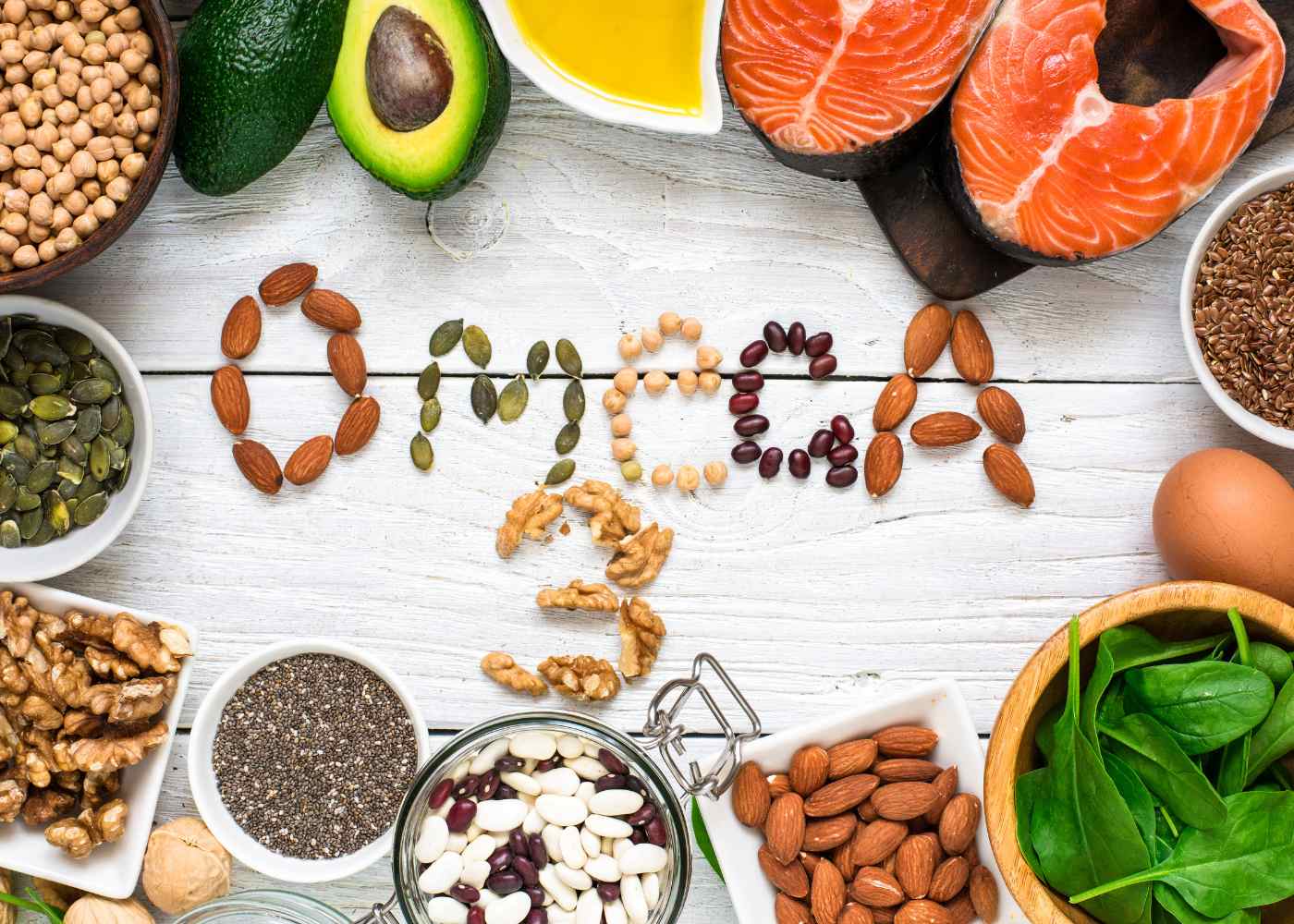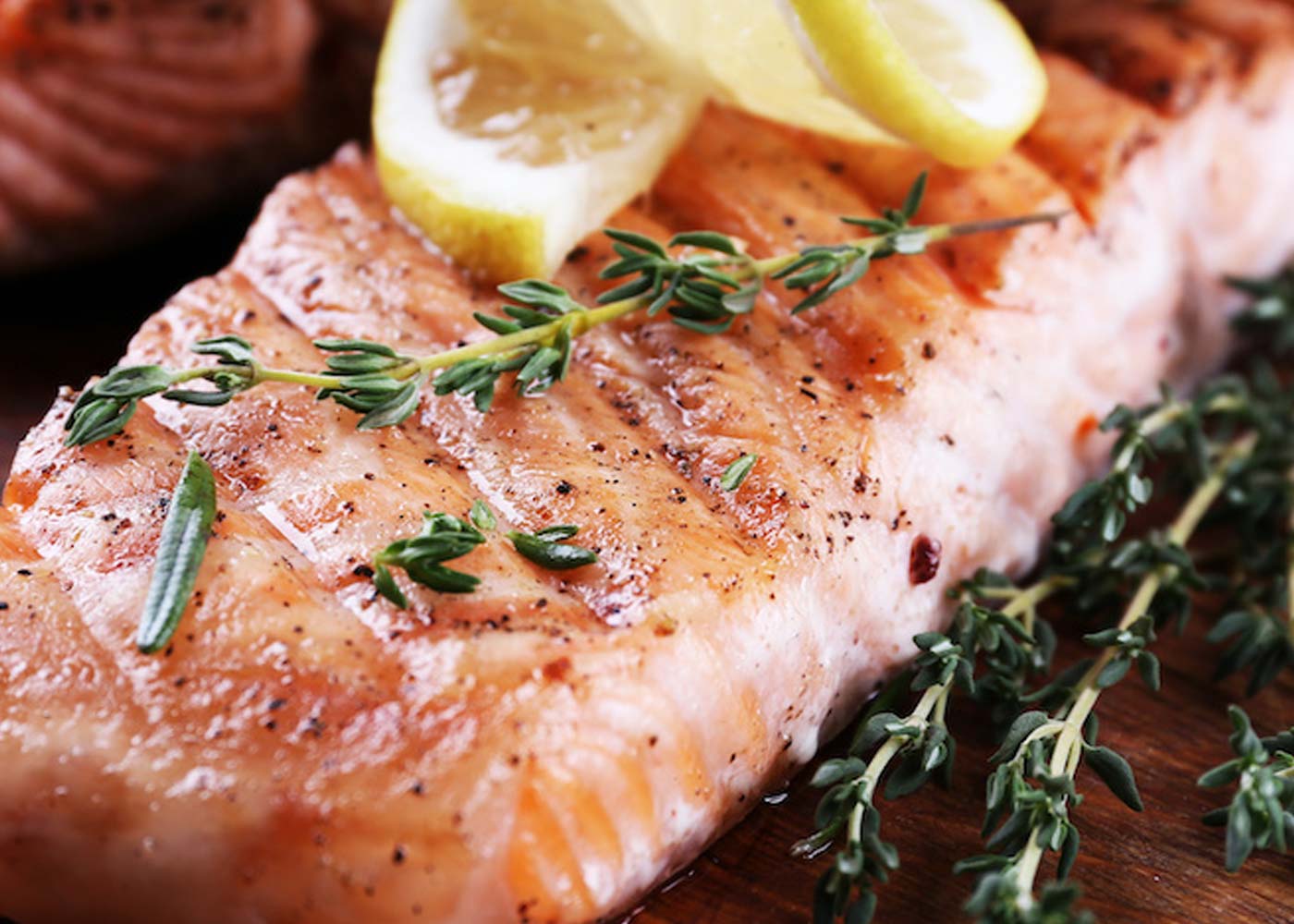
As a seasoned dietician, I have witnessed countless
individuals embark on the journey of weight loss, seeking methods that are not
only effective but sustainable. In this quest, one often overlooked yet
profoundly impactful component is the use of herbs and spices. These natural
flavor enhancers do more than just make meals delicious; they play a crucial
role in boosting metabolism, reducing inflammation, and promoting overall
well-being. Let's delve into the world of herbs and spices and uncover how they
can be powerful allies in a healthy meal plan for
weight loss.
The Power of Herbs and Spices
Herbs and spices have been used for centuries not only to
add flavor to food but also for their medicinal properties. Modern science has
begun to validate many of these traditional uses, revealing that these culinary
staples are rich in antioxidants, vitamins, and minerals. When it comes to weight
loss, their benefits are multi-faceted:
1. Metabolism Boosters: Certain herbs and spices can enhance
metabolic rate, helping the body burn calories more efficiently.
2. Appetite Suppressants: Some herbs and spices can help
control hunger, reducing the likelihood of overeating.
3. Digestive Aids: They can improve digestion, ensuring that
the body absorbs nutrients effectively and eliminates waste properly.
4. Blood Sugar Regulation: Several spices help in maintaining
stable blood sugar levels, which is crucial for preventing insulin spikes and
subsequent fat storage.
Top Herbs and Spices for Weight Loss
1. Cinnamon
Cinnamon is more than just a fragrant spice. Research has
shown that cinnamon can help regulate blood sugar levels, reducing insulin
resistance—a key factor in weight gain. A study published in the Journal of
Medicinal Food found that consuming cinnamon can significantly reduce fasting
blood glucose levels and improve lipid profiles.
How to Use: Sprinkle cinnamon on your morning oatmeal, add
it to your coffee, or incorporate it into your smoothies.
2. Turmeric
Turmeric contains curcumin, a powerful anti-inflammatory
compound. Inflammation is often linked to obesity and metabolic syndrome. A
study in the European Journal of Nutrition demonstrated that curcumin can
enhance weight loss in individuals with metabolic syndrome by improving fat
metabolism and reducing inflammatory markers.
How to Use: Add turmeric to soups, stews, or teas. Pair it
with black pepper to enhance its absorption.
3. Ginger
Ginger is known for its digestive benefits and its ability
to reduce appetite. A study published in the Metabolism journal found that
ginger supplementation led to reduced body weight, improved lipid profiles, and
decreased insulin levels in overweight individuals.
How to Use: Use fresh ginger in teas, stir-fries, or
smoothies. Ginger powder can be added to baked goods or sauces.
4. Cayenne Pepper
Cayenne pepper contains capsaicin, which has been shown to
boost metabolism and promote fat oxidation. Research in the American Journal of
Clinical Nutrition indicates that capsaicin increases energy expenditure and
reduces appetite, making it a potent tool for weight management.
How to Use: Add cayenne pepper to soups, stews, and
marinades, or sprinkle it on your avocado toast for an extra kick.
5. Black Pepper
Piperine, the active compound in black pepper, has been
found to block the formation of new fat cells. A study in the Journal of
Agricultural and Food Chemistry highlighted that piperine can also enhance the
bioavailability of other nutrients and compounds, making it a great companion
for other weight loss herbs and spices.
How to Use: Freshly ground black pepper can be added to
almost any savory dish for a flavor and health boost.
6. Garlic
Garlic is renowned for its ability to enhance the immune
system, but it also has weight loss benefits. A study in the Journal of
Nutrition showed that garlic can reduce fat mass and improve lipid profiles,
likely due to its anti-inflammatory properties and ability to enhance
thermogenesis.
How to Use: Incorporate garlic into dressings, marinades,
and roasted vegetables.
7. Green Tea Extract
Though not a spice, green tea extract deserves a mention for
its well-documented weight loss benefits. Rich in catechins, particularly EGCG,
green tea extract boosts metabolism and enhances fat oxidation. A meta-analysis
in the International Journal of Obesity confirmed that green tea extract can
significantly reduce body weight and maintain weight loss.
How to Use: Drink green tea daily or add green tea extract
to your smoothies.
Practical Tips for Incorporating Herbs and Spices
1. Meal Prep with Spices: Plan your meals and use a
variety of herbs and spices to keep your diet interesting and flavorful. This
can help prevent diet fatigue and reduce the temptation to indulge in unhealthy
options.
2. Experiment with Recipes: Don't be afraid to try new recipes
that incorporate a diverse range of herbs and spices. There are countless
healthy recipes available online that can introduce you to new flavors and
combinations.
3. Spice Blends: Create your spice blends to have on hand
for quick seasoning. Blends like garam masala, za'atar, or herbes de Provence
can simplify the process of adding flavor and health benefits to your meals.
4. Mindful Eating: Be mindful of the quantities used. While
herbs and spices are beneficial, some, like cayenne pepper, can be potent and
should be used in moderation.
The Science Behind It
Understanding the scientific basis for the weight loss benefits
of herbs and spices can be motivating. Here are some key points supported by
research:
1. Thermogenic Effect: Spices like cayenne pepper and ginger
have a thermogenic effect, meaning they increase the body's heat production,
which in turn boosts metabolism and burns more calories.
2. Anti-inflammatory Properties: Chronic inflammation is linked
to weight gain and metabolic disorders. Spices like turmeric and garlic can
reduce inflammation, thereby aiding in weight loss.
3. Appetite Regulation: Certain spices, such as cinnamon and
ginger, can help regulate appetite hormones, making it easier to control food
intake.
4. Improved Digestion: Many herbs and spices promote better
digestion and gut health. A healthy gut microbiome is essential for weight
management and overall health.
Real-Life Success Stories
As a dietician, I have seen numerous success stories where
individuals have incorporated herbs and spices into their weight loss journeys
with remarkable results. One client, Sarah, struggled with weight loss for
years despite trying various diets. After integrating a regimen that included
green tea, cinnamon, and turmeric into her daily routine, she not only lost
weight but also reported increased energy levels and reduced cravings.
Another client, John, was pre-diabetic and found that adding
cayenne pepper and garlic to his meals helped stabilize his blood sugar levels,
which was crucial for his weight loss and overall health improvement.
Conclusion
Incorporating herbs and spices into your meal plan is more than
just a culinary delight; it's a strategic approach to weight loss and overall
health. These natural ingredients offer a plethora of benefits, from boosting
metabolism and suppressing appetite to enhancing digestion and reducing
inflammation. As you embark on or continue your weight loss journey, let the
power of herbs and spices be your allies in achieving a healthier, happier you.
Remember, the key to successful weight loss is not just
about cutting calories but also about nourishing your body with wholesome,
flavorful foods. By embracing the rich diversity of herbs and spices, you can
make your meals more enjoyable and your weight loss journey more sustainable.
So, spice up your life and savor the benefits that these natural wonders have
to offer.



















